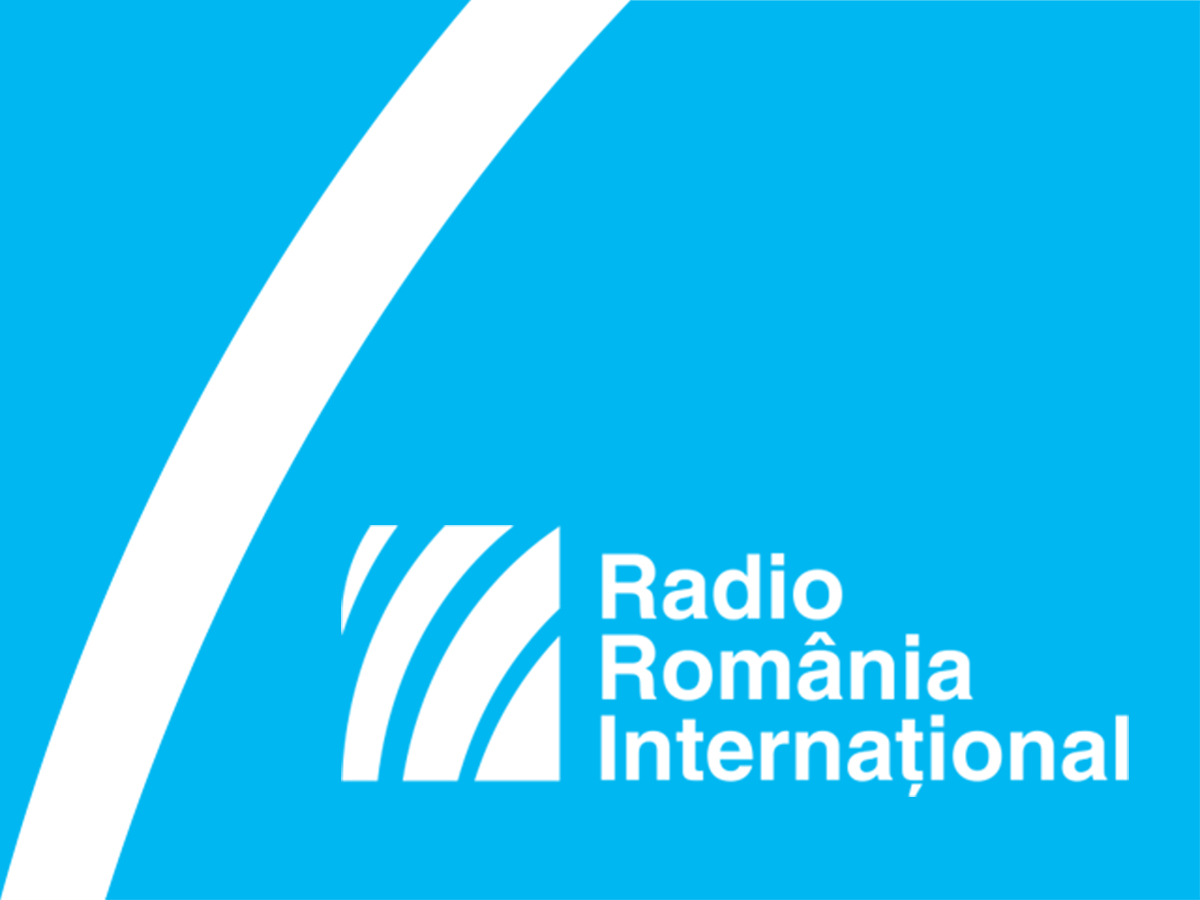The communist regime and the intimidation of the free press
Radio Free Europe journalist Monica Lovinescu about the attempts of the Romanian communist regime to stifle dissenting voices.

Steliu Lambru, 03.07.2017, 12:00
It is a well-known fact that the communist
regime and its dignitaries could not abide by criticism. In Romania
during communism, the press was slave to the state, and the Western press was
bent on criticising it severely. The most vocal in this sense was Radio Free
Europe. As a result, there have been many cases of intimidation of its
journalists by the communist regime, and there have even been claims that the
regime in Bucharest was responsible for the death of some of the journalists.
Writer and literary critic Monica Lovinescu
moved to France in the late 1940s. Together with her husband, Virgil Ierunca,
she produced the feature Thesis and Antithesis in Paris, running on Radio Free
Europe, which openly criticised the communist regime. In a 1998 recording
preserved in the Radio Romania archives, Monica Lovinescu spoke about the
suspicious death of the director of the Romanian service of Radio Free Europe:
The directors of Radio Free Europe included
Dimitrie Ionescu, Noel Bernard, Mihai Cismarescu, Vlad Georgescu, and in the end
Nicolae Stroescu. The ideal was Noel Bernard. I think he was peerless as head
of the service. He was second to none! He was exceptionally passionate,
quick-thinking and with a great capacity for reflection. Noel Bernard was
director up to his death and was followed by Mihai Cismarescu, a subtle man and
excellent essay writer. Curiously, at some point Radio Free Europe’s directors
started dying of cancer one after the other. Noel Bernard thought he had been
poisoned with radiation, same as Mihai Cismarescu, as well as Vlad Georgescu,
who was a very good historian. Deputy director Preda Bunescu also died a very
suspicious death. He was completely allergic to eggs, he never ate even a bit
of egg and even avoided sweets made with egg. They found him dead in his
apartment after a long weekend, after he failed to show up at work. At the
autopsy, they found lots of eggs in his system.
The communist regime used several methods to
silence Monica Lovinescu. The first was slander:
They started simply by attacks in the press,
which started very early on in the life of Radio Free Europe, articles in the
press started appearing, especially against Virgil. At first, there were only
attacks against him in the press in Bucharest written by George Calinescu and
Zaharia Stancu. Then the most vocal against us were the magazine Glasul Patriei
and Eugen Barbu’s Saptamana. For three years in a row the press focused on
attacking the group in Paris. The Securitate had a certain technique, a tactic
rather, which they thought was very clever. They sent all kinds of… how shall
I put it, so-called ‘writers’ or ‘intellectuals’ to Radio Free Europe in Munich
to say that the broadcast from Munich would have been great if it hadn’t been
for the two nutcases in Paris, meaning Virgil and I. They tried to destroy the
broadcasts from Paris every which way, using every sort of intrigue. The
director back then was telling us about them right away. That was the first
form that the attacks took.
As Monica Lovinescu would not quit, the communist
regime upped the stakes, and went physical. Here she is telling us about it:
When they realised it wouldn’t work,
especially after I dedicated almost all our 1977 instalments to the Goma
movement, they started attacking directly, meaning physically. In November
1977, one day before Paul Goma arrived in Paris, on November 18, two
Palestinians were waiting for me. I found out from Pacepa’s book that they were
Palestinians. They asked me to get into my house, that they had a message for
me. They seemed suspicious because they addressed me as ‘madame Monica’, and in
French you don’t use ‘madame’ with the first name. This is how I realised what
was going on, I didn’t let them into the house. When they saw that, they
started hitting me over the head. I fell down, I passed out, I screamed, and
someone off the street came to help me. They ran, and the man who helped me ran
after them, but didn’t catch them. I was sprawled on the ground, I was bleeding
a bit, and I got taken to the hospital. I came to after a few hours, when they
were X-raying me. I stayed in the hospital only five days, because I wanted to
be at Paul Goma’s press conference, when all this was revealed. It was not
because of Paul Goma, obviously, but that moment was picked so that General
Plesita could tell Paul Goma before leaving for France: ‘You will be given a
sign, when you arrive in Paris, that the arm of the revolution is long!’. I got
away only with a broken nose, my face and arm swollen. After that, in 1983,
they sent an agent who called himself Bistran, I don’t know his real name, they
sent him to kill Virgil. That is when the French police stepped in, alerted by
the German police, and this Bistran individual turned himself in.
The intimidation of the press was used by all
totalitarian regimes to reduce their enemies to silence. When the free press is
persecuted, one can be sure that that regime has a big problem with views that
contradict its own.






























